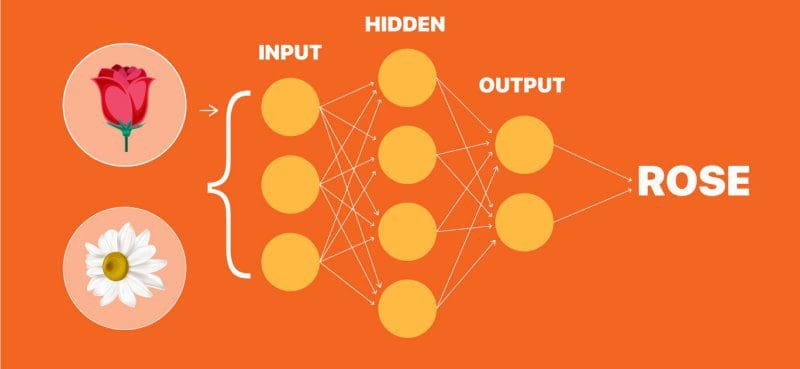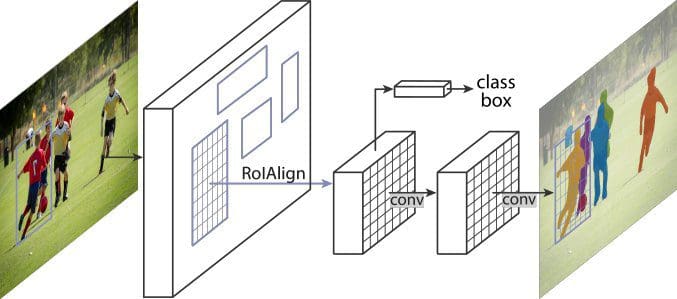 5 Papers on CNNs Every Data Scientist Should Read
5 Papers on CNNs Every Data Scientist Should Read
In this article, we introduce 5 papers on CNNs that represent both novel approaches and baselines in the field.

Advancements in CPU and GPU technology, easier access to large data repositories, and the convolutional neural network have led to great leaps in the field of computer vision. From facial recognition to cancer detection, CNN-based frameworks have the potential to benefit human society in countless ways. In this article, we introduce 5 papers on CNNs that represent both novel approaches and baselines in the field.
1. CNNpred: CNN-based stock market prediction using a diverse set of variables – In this paper, researchers from the University of Tehran introduce their CNN-based framework, CNNpred, for feature extraction and predictive analysis in stock market data. Their framework has been implemented to predict the next day’s direction of movement for various stock market indices. CNNpred has shown greater performance than other baseline algorithms for stock market prediction.
Published / Last Updated – March 18th, 2019
Authors and Contributors – Ehsan Hoseinzade and Saman Haratizadeh (Faculty of New Sciences and Technologies, University of Tehran)
2. CSPNet: A New Backbone that can Enhance Learning Capability of CNN – Due to a growing availability of large amounts of data and increased computational power, data scientists have built models that perform well in numerous computer vision tasks. However, those without access to high-end computers can’t utilize or work with such technology.

To combat this problem, the authors of this paper propose Cross Stage Partial Network (CSPNet), which has shown the ability to reduce computations by 20%.
Published / Last Updated – November 28th, 2019
Authors and Contributors – Chien-Yao Wang (IIS Sinica), Hong-Yuan Mark Liao (IIS Sinica), I-Hau Yeh (Elan Microelectronics), Yueh-Hua Wu∗ (IIS Sinica), Ping-Yang Chen (NCTU), Jun-Wei Hsieh (NCTU)
3. Introduction to CNN Keras – 0.997 – Aimed at beginners in deep learning, the Introduction to CNN Keras has been in the top 10 most popular notebooks on Kaggle for over 2 years.
Written by Dr. Yassine Ghouzam, this notebook serves as a beginner tutorial on how to build a 5 layer CNN for digit recognition. Built with Keras API, this in-depth tutorial goes through each step from data preparation to model evaluation.
Published / Last Updated – July 18th, 2017
Authors and Contributors – Yassine Ghouzam (Paris Diderot University)
4. CNN-CASS: CNN for Classification of Coronary Artery Stenosis Score in MPR Images – In this paper, researchers from The Machine Learning Lab at the Ukranian Catholic University aim to improve automated diagnostic tools for Coronary Artery Disease. Using a more automated approach based on the Shufflenet V2 Network, the researchers propose a CNN capable of predicting artery stenosis with 80% accuracy on the patient level.
Published / Last Updated – January 23rd, 2020
Authors and Contributors – Mariia Dobko, Bohdan Petryshak, and Oles Dobosevych (Ukrainian Catholic University)
5. Mask R-CNN – One of the highest-rated CNN papers on Papers With Code, Mask R-CNN achieved a SOTA (state of the art) rating for the Instance Segmentation on Cityscapes test. In this paper, the Facebook AI Research team presents a simple, yet flexible framework for object instance segmentation.

With the ability to generalize well to other tasks, the team hopes that Mask R-CNN can serve as a solid baseline for future research in instance-level recognition.
Published / Last Updated – January 24th, 2018
Authors and Contributors – Kaiming He, Georgia Gkioxari, Piotr Dollár, and Ross Girshick (Facebook AI Research)
We hope that these papers on CNNs helped you learn more about some of the amazing work being done with convolutional neural networks. For more machine learning papers, check out our related resources below and don’t forget to subscribe to our newsletter for all the latest in artificial intelligence.
Bio: Limarc Ambalina is a Tokyo-based writer specializing in AI, tech, and pop culture. He has written for numerous publications including Hacker Noon, Japan Today, and Towards Data Science.
Original. Reposted with permission.
Related:
- 10 Must-read Machine Learning Articles (March 2020)
- Brain Tumor Detection using Mask R-CNN
- Introducing MIDAS: A New Baseline for Anomaly Detection in Graphs

 5 Papers on CNNs Every Data Scientist Should Read
5 Papers on CNNs Every Data Scientist Should Read